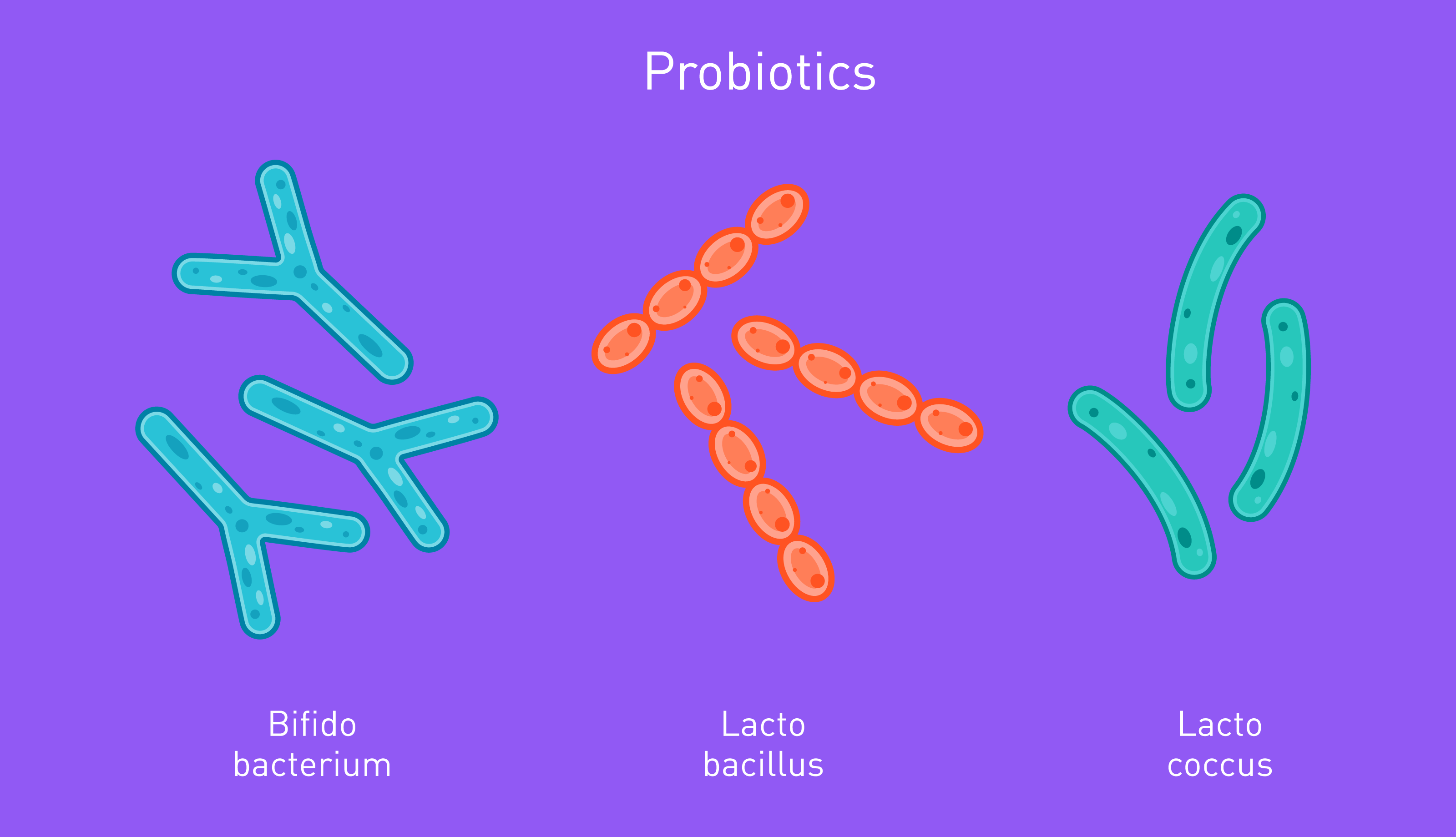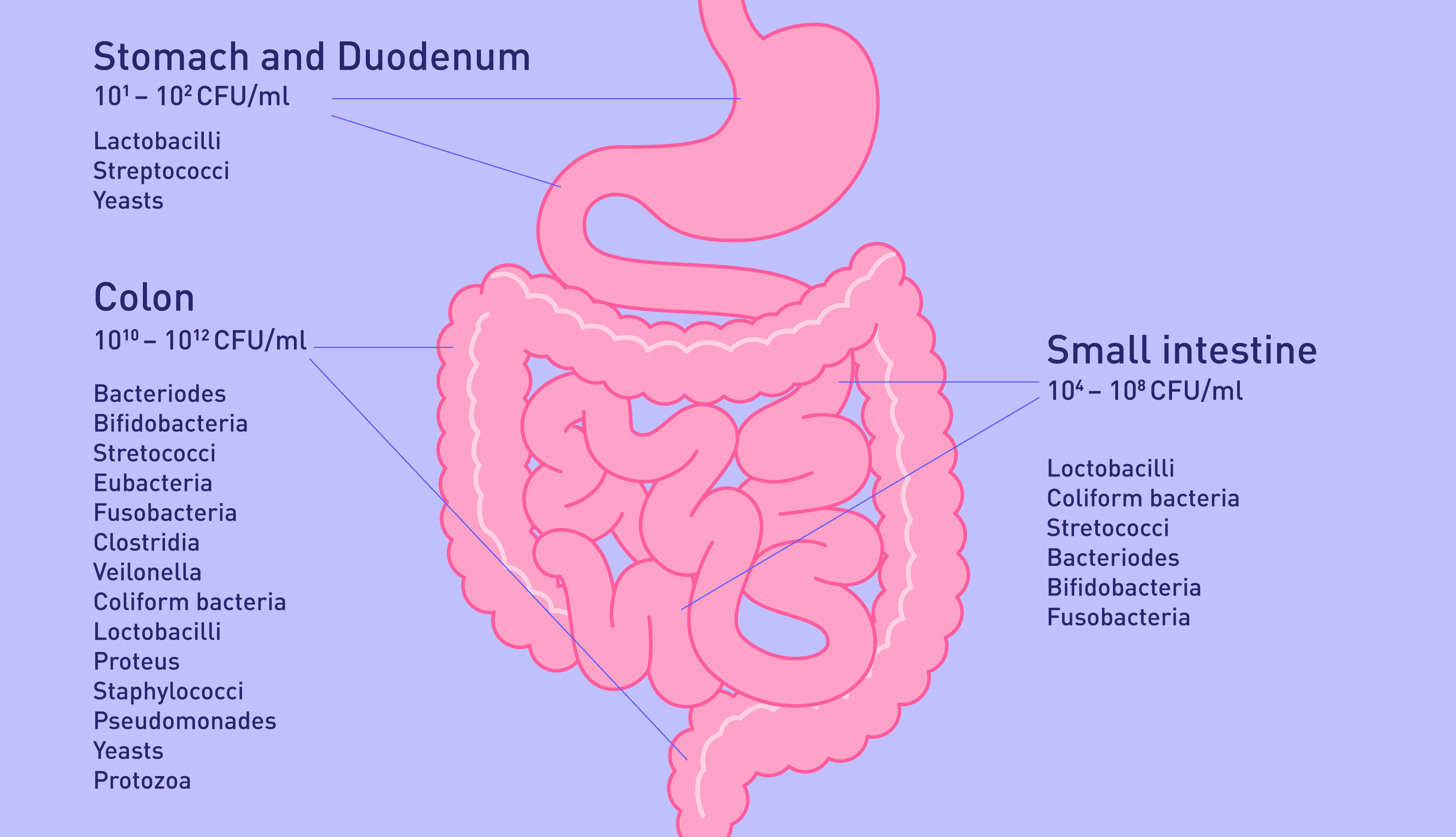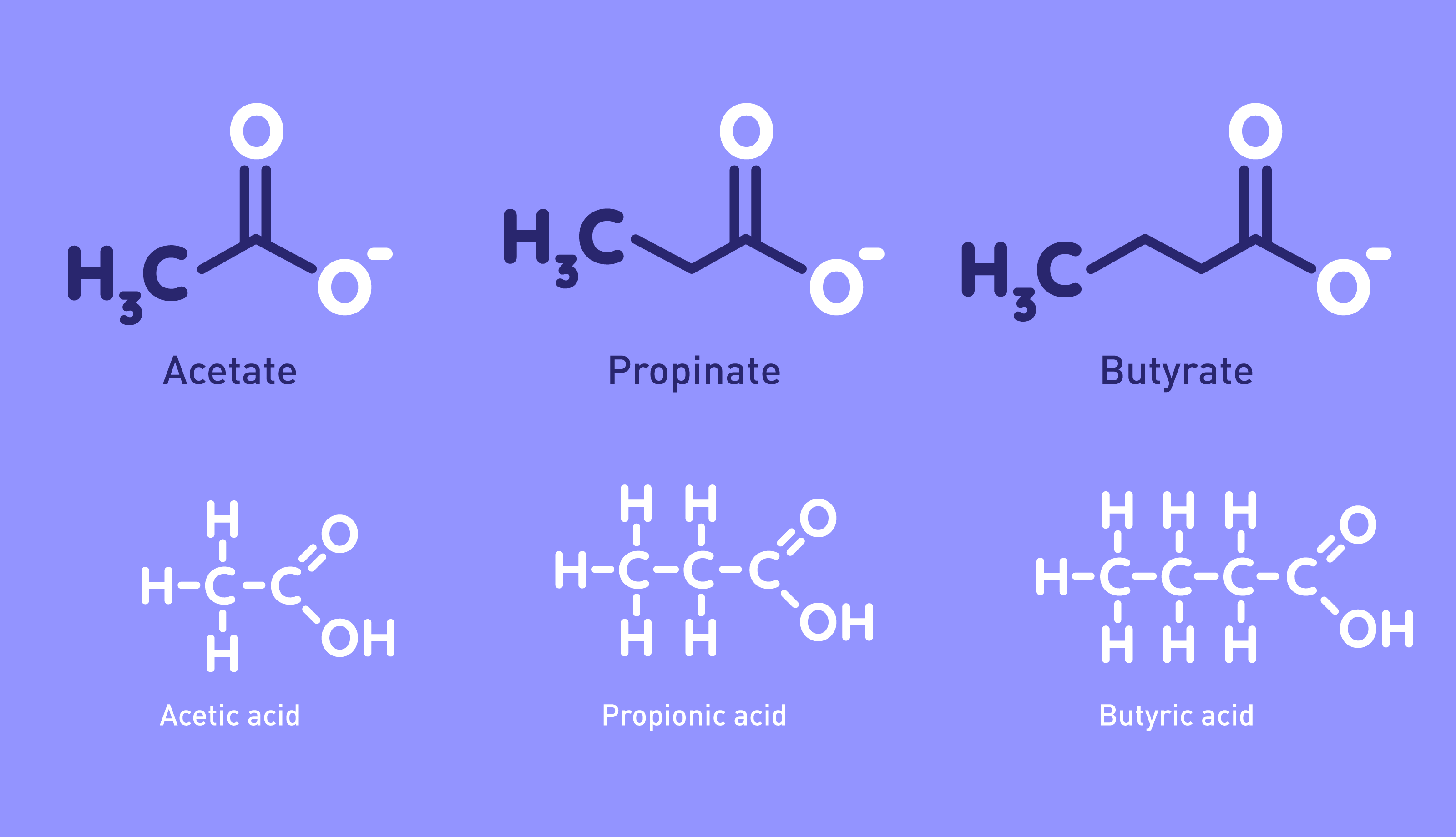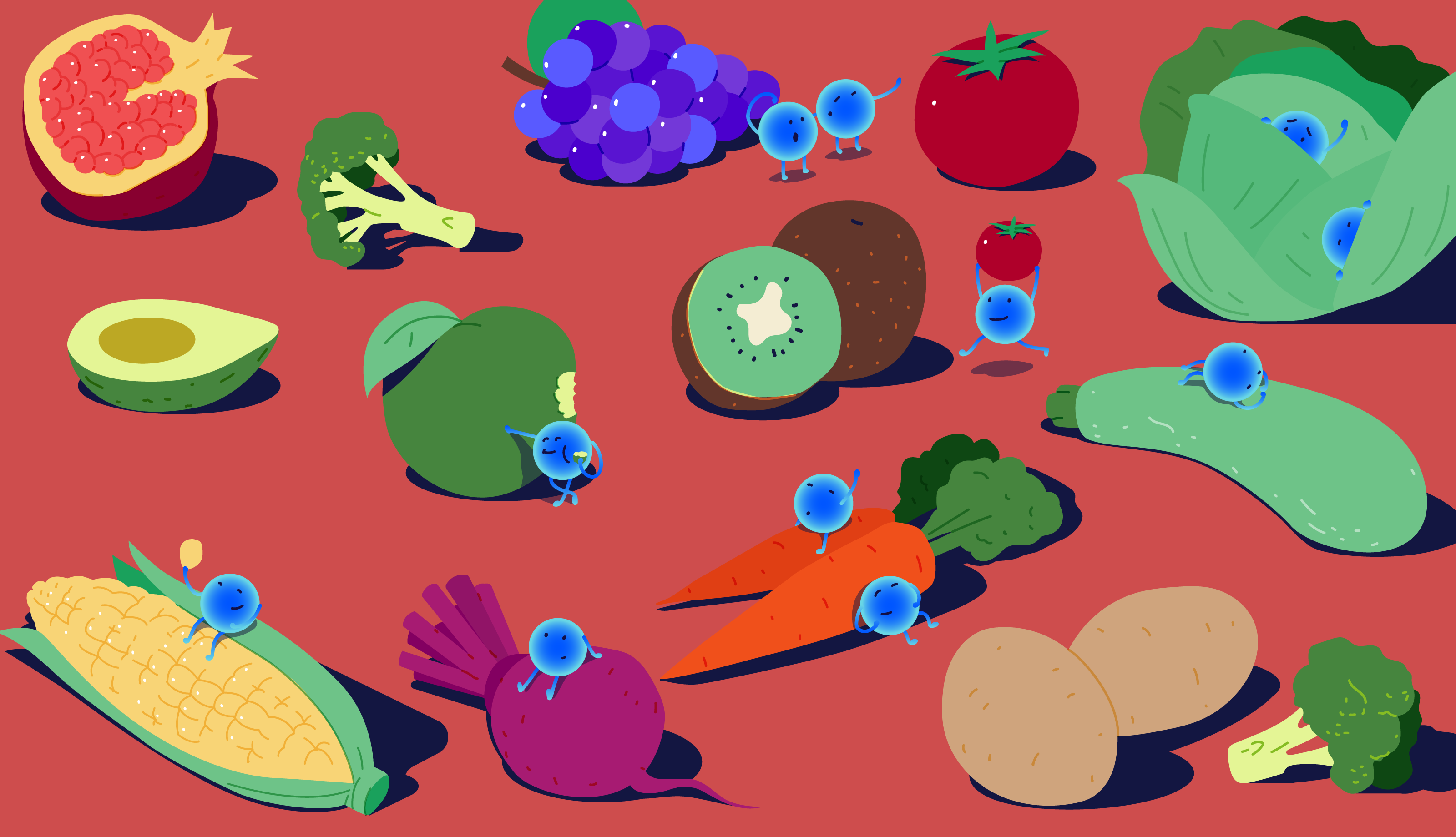Can probiotics cause high blood pressure? It's time to discover the role of intestinal bacteria and probiotics in heart health.
- What are probiotics?
- The microbiome and heart health
- Intestinal bacteria and digestion
- Boost gut health with prebiotics
- Gut bacteria for heart health
- Can probiotics cause high blood pressure
- Kombucha and high blood pressure
- The nutrients in kombucha
You live in a symbiotic relationship with bacteria. Microbes are all over your body, but the most important bacterial ecosystem is, by far, the gut microbiome. Found in your large intestine, it is made up of trillions of bacterial cells that perform functions that support your health.
Initially, scientists were intrigued by what they were doing in the gut, but now research shows that the activities of your gut microbiota have an impact on many aspects of your health, including your heart and metabolism.
What are probiotics?

Probiotics are a special type of bacteria in the human gut because they perform essential functions that maintain balance in the gut microbiome, allowing good and harmless bacteria to flourish, while defending against invading pathogens and opportunistic microbes that can affect your wellbeing.
Often, when people talk about probiotics, they are actually talking about edible foods or supplements that you can ingest to deliver probiotic bacteria to your gut. These can be beneficial for gut and microbiome health, and maybe even mental wellbeing too.
The microbiome helps to regulate blood pressure and digestion
Although reviled for its foul smells, the digestive tract is actually a hugely important organ that extracts energy and nutrients from the food you eat, and removes waste products, including excess hormones and cholesterol (among other things) from your body.
The role of intestinal bacteria in digestion
Part of what makes the large intestine, also known as the colon, so amazing is that this organ has evolved to accomplish all these tasks hand-in-hand with gut bacteria that train the immune system, nourish cells with substances they produce, and even communicate with your cells about how much energy to absorb into the body.
Boost beneficial microbes with prebiotics for gut health
There’s nothing complicated about prebiotics because prebiotics are food. In fact, prebiotics are found in the most innocuous ingredients like leeks, mushrooms, onions, asparagus, beetroot, cold potatoes, oats and rye. To enhance your gut health and microbiome, aim to consume 30g of fiber from diverse plant foods every day.
Gut bacteria for heart health

Interestingly, your gut bacteria also help regulate your metabolism, and by that, we mean all the essential chemical processes that make life possible, like extracting energy. However, problems can arise when the gut microbiome is imbalanced, something doctors call “dysbiosis”.
When this ecosystem no longer lives in harmony, it loses the ability to help regulate your metabolism correctly. This situation has been identified in many patients suffering from heart disease, diabetes type 2 and obesity.
These three metabolic diseases share a lot in common because if you have one of them, you are at higher risk of getting another. All of them are associated with inflammation, hypertension and overweight. They can also damage the lining of the vessels that pump blood between the heart and your body’s tissues, causing hypertension.
It’s now known that a balanced and diverse microbiome is essential for heart health because of its role in modulating metabolic processes. In fact, plenty of studies link a happy and healthy microbiota to important features for ensuring your heart is working optimally:
- lean body weight
- protection from metabolic diseases
- stable blood sugar levels
- combating chronic inflammation
Probiotic bacteria are instrumental in keeping your microbiome balanced and, by doing so, they help make sure that your whole body is functioning properly too.
Can probiotics cause high blood pressure?

At the moment, many people are worried by this question: can probiotics raise blood pressure? Yet, it has our scientists at Atlas Biomed baffled and wondering where this myth came from because probiotics have been shown to do the opposite: probiotics can improve blood pressure.
As researchers, it’s their job to read scientific studies and determine what findings are reliable enough to include in the Atlas Microbiome Test. They’ve read many studies on the link between probiotics and hypertension that show how good gut bacteria can contribute to heart health in many ways.
One high blood pressure research paper that reviewed the results of nine clinical trials where people were given probiotics to see how it would affect blood pressure came to this conclusion: probiotics can modestly improve blood pressure, and they had a greater beneficial effect in people whose blood pressure was elevated at the start of these clinical trials.
Kombucha and high blood pressure
Kombucha is a fermented tea drink that is growing in popularity. There are many health claims associated with drinking kombucha that remain unverified: more research is required before kombucha can actually be declared a probiotic or prebiotic drink.
The fermentation process is conducted by bacteria and yeasts from tea and sugar that produce nutrients like acetic acid (which is also present in vinegar) and vitamins. Fermentation can even make some minerals more available so they’re easier for your body to absorb.
The nutrients in kombucha and their functions
| Vitamins B & C | Supporting cellular and immune health. |
| Acetic acid | Controls gut pH and deters pathogens in the microbiome. |
| Glucuronic acid | Transports and makes antioxidants available while helping to remove harmful substances from the body |
| Minerals | Used for cell structures while help maintain pH and water balance |
| Ethanol | Helps prevent cardiovascular disease |
| D-saccharic acid-1,4-lactone | Helps remove harmful substances from the body and provides antioxidant protection against oxidative stress |
Acetic acid is a short-chain fatty acid. When it’s produced by the microbiome, it contributes to gut health and nourishes some types of beneficial bacteria. However, the small intestine can also absorb acetic acid, so it’s debatable how much of these short-chain fatty acids in kombucha would actually make it to the gut, where microbes contribute to metabolic and heart health.
Although there is ethanol in kombucha, which is associated with heart disease prevention, until there is tangible research, it is speculation to suggest that kombucha can influence blood pressure for better or for worse. When our microbiome researchers were asked, they said that kombucha may have benefits, but right now there’s nothing showing a potential kombucha high blood pressure association.
☝️TIP☝️Everyone can make kombucha at home. Check out our simple guide to fermenting kombucha like a boss.


















